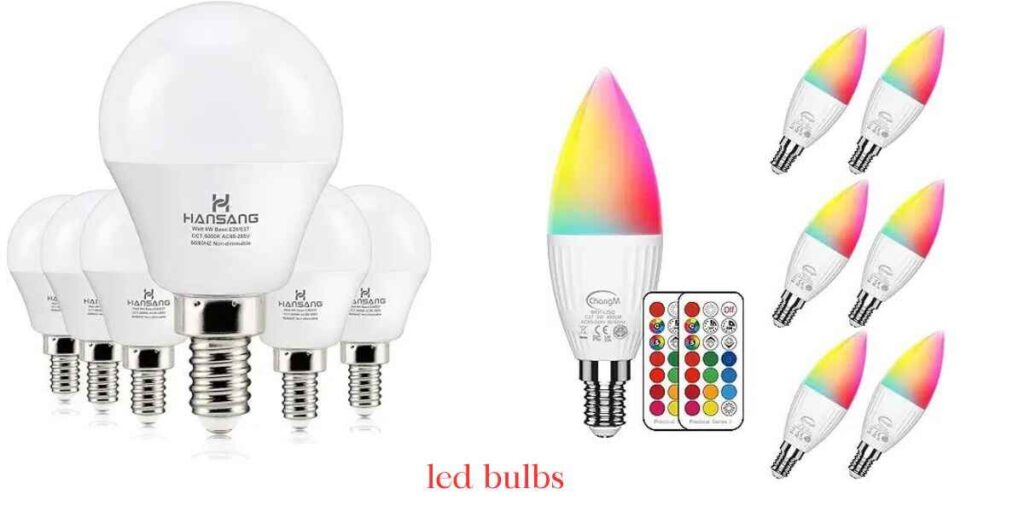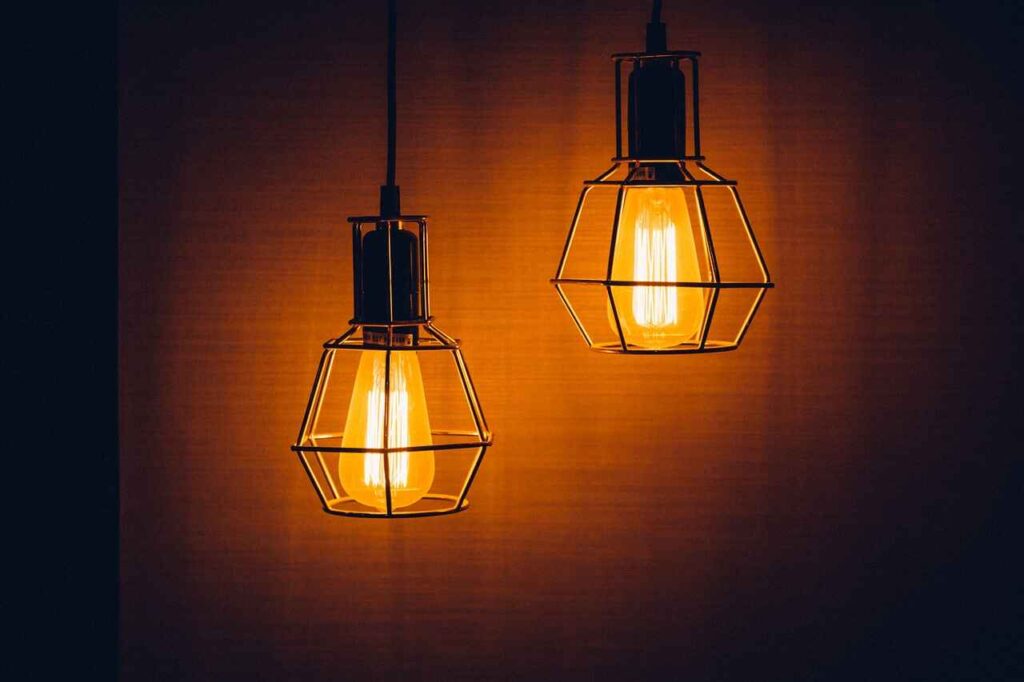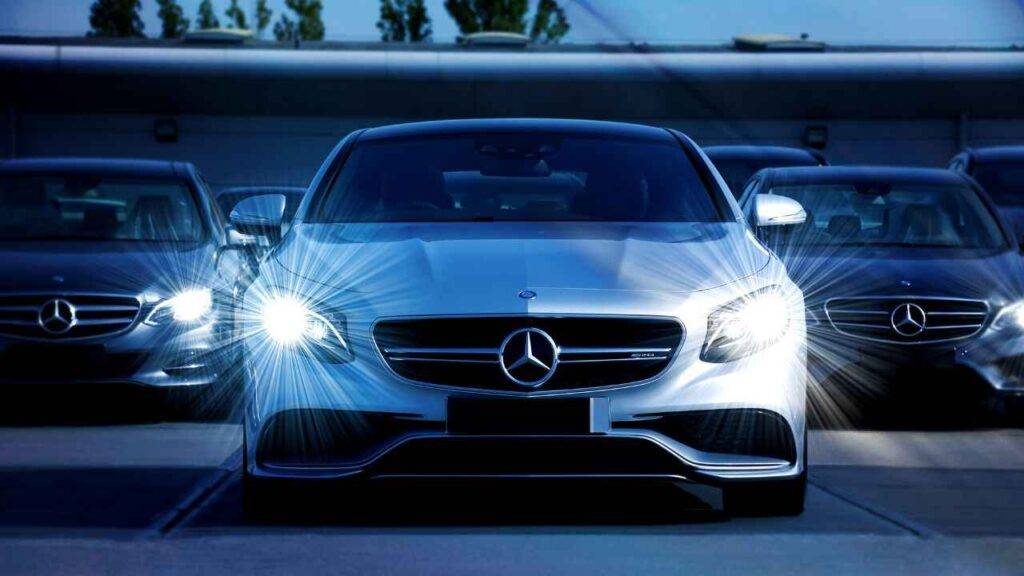Lighting is no longer just about brightening a room; it’s about creating experiences. Philips Hue bulbs have become the go-to choice for many looking to bring their homes into the future with smart, energy-efficient lighting. But how long does a Philips hue bulb last? Let’s dive into the specifics and explore what makes Philips Hue bulbs stand out in terms of lifespan and performance.
The Impressive Lifespan of Philips Hue Bulbs
i). Average Lifespan of Philips Hue Bulbs in Hours
The typical lifespan of Philips Hue bulbs is 25,000 hours. That’s a huge leap from traditional incandescent bulbs, which last only around 1,000 to 2,000 hours. If you use your Hue bulb for three hours a day, it could last you over 22 years.
ii). Comparison to Traditional Incandescent and LED Bulbs
Incandescent bulbs are notorious for burning out quickly, usually lasting around 1,200 hours. Traditional LED bulbs, on the other hand, are more durable, clocking in at 15,000 to 25,000 hours. The Philips Hue LED bulbs not only match but often exceed the durability of standard LED bulbs thanks to their high-quality components and advanced design.
iii). Factors Contributing to the Long-Lasting Nature of Hue Bulbs
The longevity of Hue bulbs can be attributed to a combination of factors. They utilize LED technology, which is inherently longer-lasting. Additionally, their smart features help manage power consumption efficiently, reducing unnecessary wear and tear. Heat management within the bulb also plays a significant role, keeping the internal components cool and functioning properly for extended periods.
Understanding the Technology Behind Philips Hue Longevity
i). LED Technology and Its Role in Extending Bulb Life
The LED technology in Philips Hue bulbs is a key player in their impressive lifespan. LEDs convert more energy into light rather than heat, which means less energy is wasted. This efficiency reduces strain on the bulb’s components, extending its operational life.
ii). Smart Features That Contribute to Bulb Preservation
Philips Hue bulbs are not just regular LEDs; they are smart LEDs. These bulbs allow you to schedule when they turn on or off, dim them as needed, or even change their colors. By adjusting the brightness or setting timers, you can reduce the amount of time they’re in full-power mode, further extending their lifespan.
iii). Heat Management and Its Impact on Lifespan
Heat is a significant enemy of electronics, and light bulbs are no exception. Philips Hue bulbs come with built-in heat management systems, ensuring the bulbs stay cool, even during prolonged use. Keeping the internal components cool helps prevent them from burning out prematurely, contributing to the bulb’s long life.
Factors Affecting Philips Hue Bulb Lifespan
How often and how long you use your bulbs can impact their longevity. For example, using your Philips Hue bulbs at maximum brightness for long periods might reduce their life slightly. However, using them more conservatively, with dimming or color changes, can preserve them for years.
i). Environmental Conditions (Temperature, Humidity)
Environmental factors like temperature and humidity can affect the lifespan of your Hue bulbs. Ideally, Philips Hue bulbs perform best in cooler environments. Extreme temperatures or high humidity can shorten their lifespan, so it’s essential to avoid installing them in areas like bathrooms or outdoor spaces without proper protection.
ii). Power Quality and Voltage Fluctuations
Consistent power supply is crucial. Voltage fluctuations and poor power quality can damage the internal components of the bulb, causing it to fail earlier than expected. Using surge protectors and maintaining stable power sources can help ensure your Philips Hue bulbs reach their full lifespan.
Energy Efficiency and Cost Savings
a). Energy Consumption of Philips Hue Bulbs
Philips Hue bulbs are highly energy-efficient. They consume only 8.5 watts for the same brightness output that a traditional 60-watt incandescent bulb would use. This reduced energy consumption means lower electricity bills and a smaller environmental footprint.
b). Long-Term Cost Benefits Compared to Traditional Lighting
Though the initial cost of a Philips Hue bulb may be higher, the long-term savings make them a wise investment. You’ll save money on energy bills, and you won’t need to replace bulbs frequently. Over time, Philips Hue bulbs can save you hundreds of dollars compared to traditional lighting.
c). Calculating ROI for Switching to Philips Hue
When considering the switch, think about the return on investment (ROI). With their lower energy consumption and long lifespan, the savings on both electricity and replacement costs often outweigh the initial purchase price. Plus, the added smart features and customization make the investment even more valuable.
Maximizing the Lifespan of Your Philips Hue Bulbs
i). Best Practices for Installation and Usage
To ensure your Philips Hue bulbs last as long as possible, follow some basic installation and usage tips. Avoid installing them in overly hot or humid environments, and make sure they have adequate airflow. Also, using dimming features or smart schedules to reduce continuous full-power use will help extend their life.
ii). Maintenance Tips for Optimal Performance
Like any other electronic device, proper maintenance can enhance the lifespan of your Philips Hue bulbs. Ensure the bulbs are clean and dust-free, as dirt can trap heat and reduce efficiency. Regularly checking for firmware updates and keeping your smart home devices connected will also ensure optimal performance.
iii). Using Smart Features to Extend Bulb Life
Utilizing the smart features of Philips Hue can significantly extend bulb life. By scheduling lights to turn off automatically when not in use, or using motion sensors to control them, you minimize unnecessary usage, prolonging the bulbs’ life.
Philips Hue Warranty and Support
a). Understanding the Warranty Coverage
Philips Hue bulbs come with a 3-year warranty, providing peace of mind in case of any issues. If your bulb stops working within this period, Philips offers replacements under the warranty terms.
b). Troubleshooting Common Issues
If you experience issues with your Philips Hue bulb, such as flickering or not responding, try resetting the bulb or checking the connection with the Hue Bridge. Philips also provides helpful guides and customer support to resolve common problems.
c). Customer Support and Replacement Policies
Philips has a reliable customer support system that can help troubleshoot issues or replace faulty bulbs. Their support team is available online, and their replacement policy ensures you get a working product if your bulb fails prematurely.
Conclusion
Wow, who knew a simple light bulb could pack such a punch in terms of longevity and features? Philips Hue bulbs are truly the marathon runners of the lighting world, outlasting their traditional counterparts by years. With their impressive lifespan, energy efficiency, and smart capabilities, it’s clear that investing in Philips Hue isn’t just about illuminating your space – it’s about brightening your future! So, are you ready to make the switch and enjoy years of personalized, long-lasting lighting? Remember, with Philips Hue, you’re not just buying a bulb; you’re investing in a brighter, smarter, and more sustainable home lighting solution. Go ahead, light up your life!
Related Articles:
Hi, I’m Malik Suhail—an SEO expert, web designer, and passionate blogger with 2 years of experience. I specialize in crafting content that is not only informative but also tailored to meet the needs of my readers.
I write about diverse topics, always striving to simplify complex ideas and provide valuable insights that resonate with my audience. Whether it’s about SEO strategies, web design trends, or blogging tips, I am committed to delivering well-researched, practical, and easy-to-understand information.
My mission is to help readers navigate the digital world with confidence and clarity. I believe in adding value through authentic content that inspires action and delivers results.


